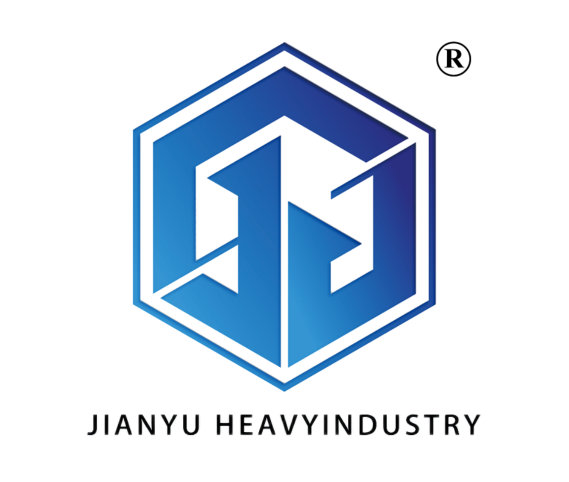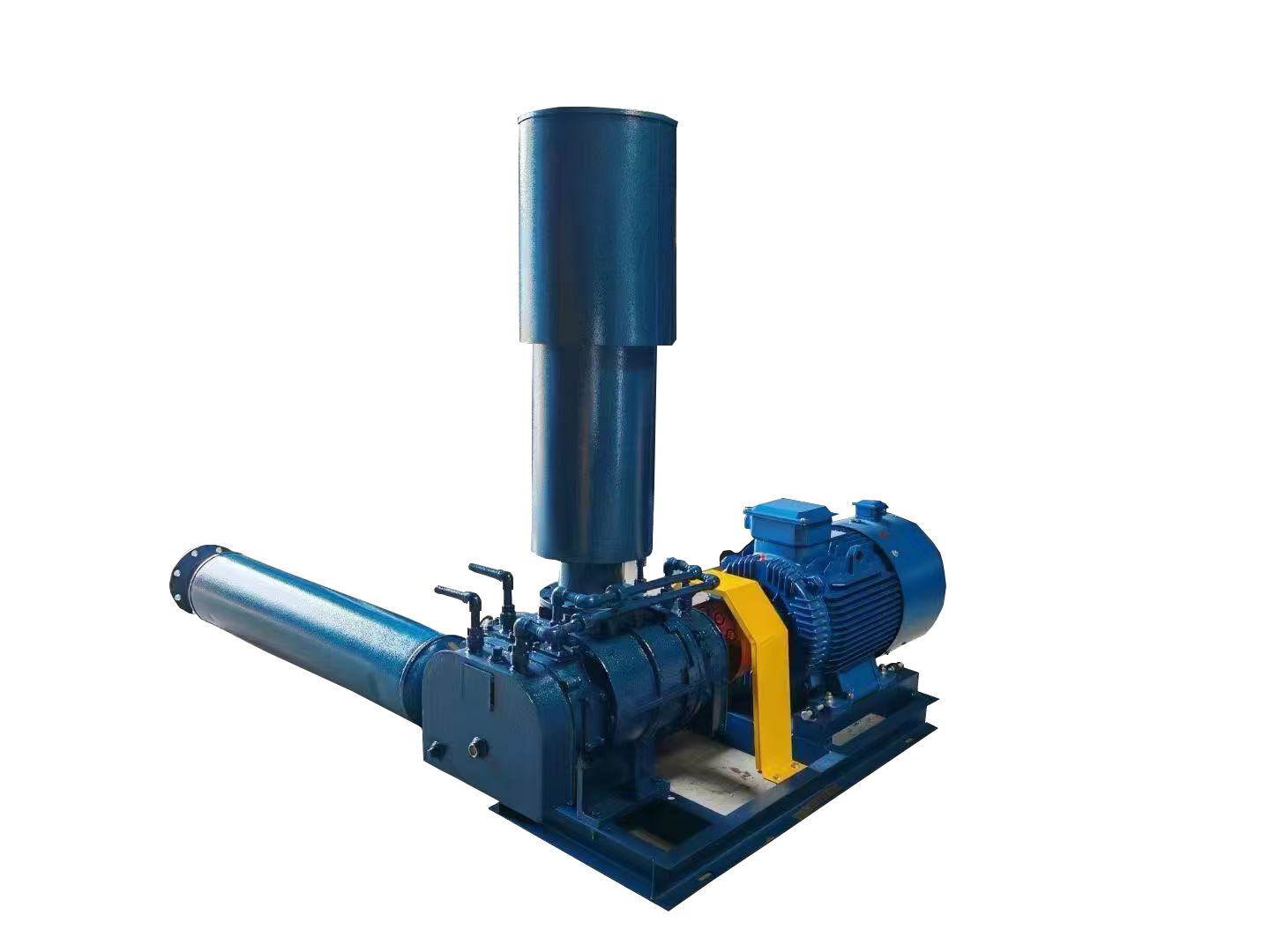Understanding the Power of Industrial Oxidation Technology
Industrial oxidation blowers represent a cornerstone technology in modern manufacturing and processing operations. These sophisticated systems play a vital role in countless industrial applications, combining powerful airflow capabilities with precision control to facilitate crucial oxidation processes. As industries continue to evolve and environmental standards become more stringent, the importance of efficient oxidation blower systems has grown exponentially.
The fundamental purpose of industrial oxidation blowers is to provide a consistent and controlled supply of oxygen-rich air to various industrial processes. These systems are engineered to maintain specific air-to-fuel ratios, pressure levels, and flow rates that optimize oxidation reactions while ensuring operational efficiency and safety.
Manufacturing and Materials Processing Applications
Metal Treatment and Surface Finishing
In the metal manufacturing sector, industrial oxidation blowers are essential for creating controlled oxidation environments. These systems enable precise surface treatment processes, including the formation of protective oxide layers on various metals. The controlled airflow ensures uniform oxidation, resulting in superior product quality and enhanced material durability.
Surface finishing operations particularly benefit from the precise control offered by modern industrial oxidation blowers. These systems help maintain optimal conditions for processes like anodizing aluminum and creating passive layers on stainless steel, contributing to both aesthetic appeal and corrosion resistance.
Chemical Processing and Synthesis
Chemical manufacturing relies heavily on industrial oxidation blowers for various synthesis processes. These systems provide the necessary oxygen supply for reactions that produce essential chemicals, polymers, and industrial compounds. The ability to maintain consistent air delivery rates is crucial for achieving desired chemical compositions and reaction efficiencies.
In polymer production, oxidation blowers help control the curing process of various materials, ensuring proper cross-linking and optimal product characteristics. This precise control results in higher-quality end products and reduced waste in the manufacturing process.

Environmental and Waste Treatment Solutions
Wastewater Treatment Operations
Modern wastewater treatment facilities depend extensively on industrial oxidation blowers for aeration processes. These systems deliver the oxygen necessary for aerobic bacteria to break down organic waste materials effectively. The precise control of air delivery ensures optimal biological treatment while minimizing energy consumption.
Advanced wastewater treatment plants utilize industrial oxidation blowers in multiple stages of the treatment process, from initial aeration to final polishing steps. This comprehensive approach helps achieve superior water quality while maintaining operational efficiency and meeting environmental regulations.
Air Pollution Control Systems
Industrial oxidation blowers play a crucial role in air pollution control applications. These systems support thermal oxidizers and other air treatment technologies that break down harmful volatile organic compounds (VOCs) and other atmospheric pollutants. The precise control of airflow ensures optimal combustion conditions and maximum pollutant destruction efficiency.
Modern facilities increasingly rely on these systems to meet stringent environmental regulations while maintaining cost-effective operations. The ability to adjust airflow rates and maintain proper mixing conditions helps optimize the removal of air contaminants while minimizing energy consumption.
Energy and Power Generation Applications
Combustion Enhancement Systems
Power generation facilities utilize industrial oxidation blowers to optimize combustion processes in various types of furnaces and boilers. These systems help maintain ideal air-to-fuel ratios, leading to improved combustion efficiency and reduced emissions. The precise control of oxidation conditions contributes to both operational efficiency and environmental compliance.
Advanced combustion systems integrate sophisticated control mechanisms with industrial oxidation blowers to achieve optimal performance across varying load conditions. This adaptability ensures consistent power generation while minimizing fuel consumption and environmental impact.
Alternative Energy Production
The renewable energy sector has found numerous applications for industrial oxidation blowers, particularly in biomass processing and waste-to-energy facilities. These systems support the efficient conversion of organic materials into usable energy by maintaining optimal oxidation conditions throughout the process.
In biogas production facilities, oxidation blowers help control the aerobic digestion processes that break down organic waste materials. The precise management of oxygen levels ensures maximum biogas yield while maintaining stable operation conditions.
Frequently Asked Questions
How do industrial oxidation blowers improve manufacturing efficiency?
Industrial oxidation blowers enhance manufacturing efficiency by providing precise control over oxidation processes, resulting in consistent product quality, reduced waste, and optimized energy consumption. These systems enable automated operation and real-time adjustments to maintain ideal process conditions.
What maintenance requirements do industrial oxidation blowers have?
Regular maintenance for industrial oxidation blowers typically includes bearing lubrication, belt tension checking, filter replacement, and performance monitoring. Preventive maintenance schedules should be established based on operating conditions and manufacturer recommendations to ensure reliable operation and extended equipment life.
Can industrial oxidation blowers be customized for specific applications?
Yes, industrial oxidation blowers can be customized with various impeller designs, motor sizes, control systems, and materials of construction to meet specific application requirements. Manufacturers work closely with end-users to design systems that optimize performance for particular processes while ensuring compatibility with existing infrastructure.
What energy efficiency features are available in modern industrial oxidation blowers?
Modern industrial oxidation blowers incorporate various energy-efficient features, including variable frequency drives, high-efficiency motors, advanced control systems, and aerodynamic designs. These features help minimize power consumption while maintaining optimal process performance and reducing operational costs.

